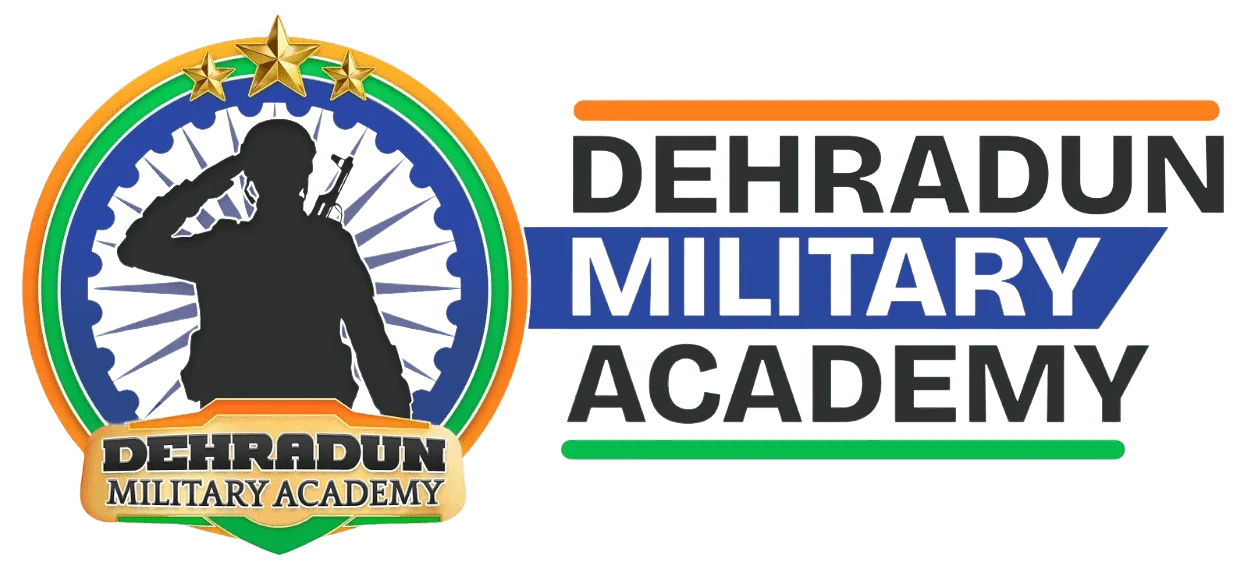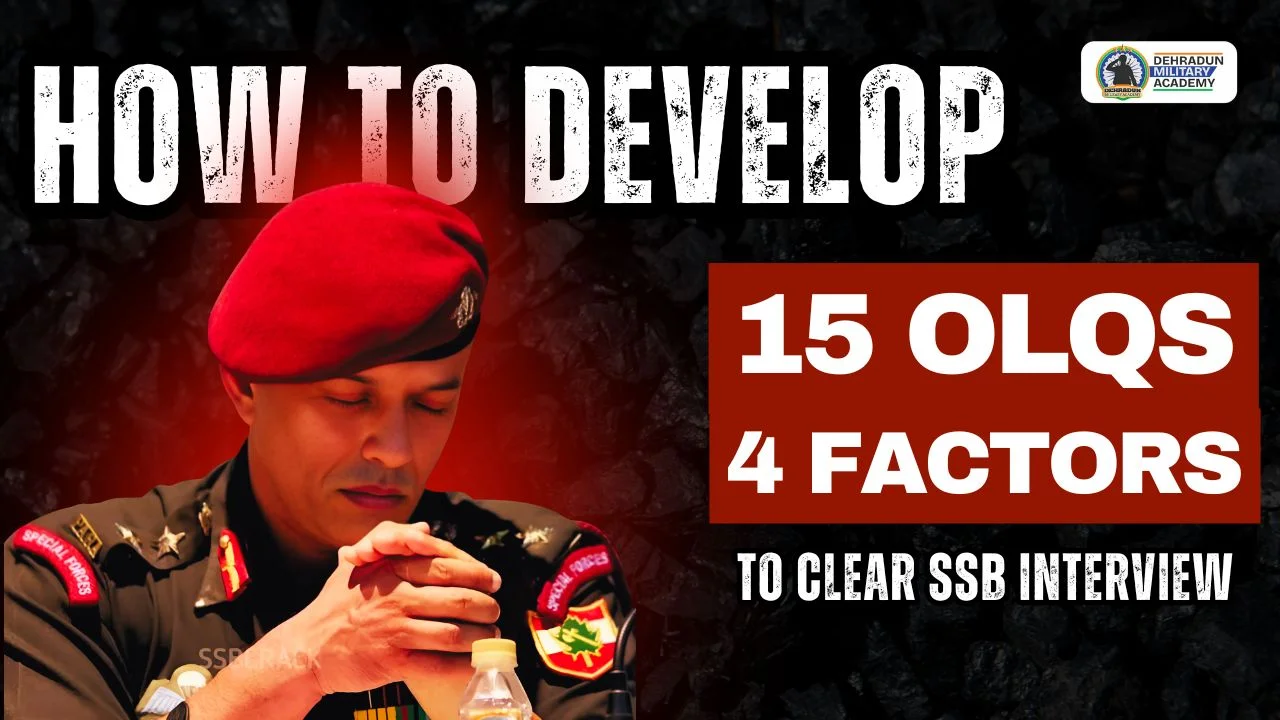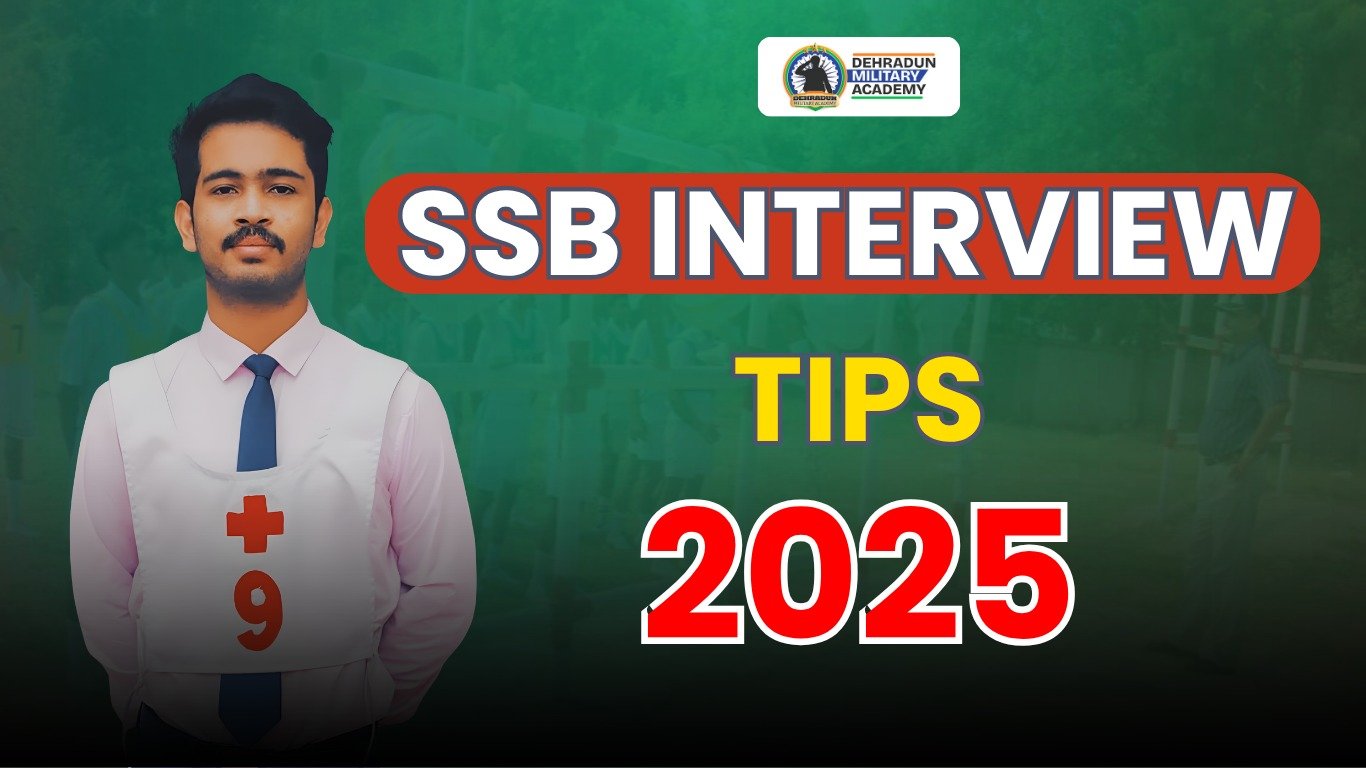The SSB interview is not merely a test—it’s a personality assessment mechanism that goes beyond academics, physical power, or written marks. It dives deep into your personality to evaluate your capability of becoming an effective officer in the Indian Armed Forces. The secret to cracking this tough 5-day process lies in mastering the 15 Officer-Like Qualities (OLQs), categorized under four major factors: Planning and Organizing Ability, Social Adjustment, Social Effectiveness, and Dynamism. Below, we detail each factor, its OLQs, and practical ways to develop them to succeed in the SSB interview.
Factor 1: Planning and Organizing Ability
This factor evaluates your ability to think practically, plan systematically, and communicate clearly under pressure.
Effective Intelligence
Effective Intelligence refers to a candidate’s ability to apply practical thinking, common sense, and resourcefulness to solve real-world problems efficiently, particularly under time constraints and in challenging or unfamiliar situations. It involves analyzing a situation quickly, identifying the most feasible solution, and executing it effectively with the resources at hand, even when they are limited.
How to Develop:
- Engage in real-life scenarios where you solve practical problems, such as budgeting a family event or fixing a household issue with limited resources.
- Practice puzzles, riddles, and aptitude questions daily to sharpen your ability to apply knowledge effectively in dynamic situations.
Reasoning Ability
Reasoning Ability refers to a candidate’s capacity to analyze situations logically, connect relevant facts, identify patterns, and arrive at sound conclusions through clear and systematic thinking. It emphasizes logical thought processes applied to practical scenarios, enabling candidates to solve problems effectively, especially in dynamic or ambiguous situations.
How to Develop:
- Solve logical reasoning questions from books or online aptitude tests to enhance logical thinking.
- Discuss current events with peers to practice connecting facts and forming sound conclusions.
Organising Ability
Organising Ability refers to a candidate’s capacity to systematically plan, prioritize tasks, allocate resources (such as time, manpower, or materials), and execute plans efficiently to achieve objectives, particularly under constraints like time pressure or limited resources. It involves structuring tasks logically, managing resources effectively, and ensuring smooth coordination to accomplish goals.
How to Develop:
- Start small by creating daily schedules or to-do lists, then scale up to organizing group projects or events in college/club settings.
Power of Expression
Power of Expression refers to a candidate’s ability to articulate thoughts, ideas, and plans clearly, confidently, and persuasively through both verbal and non-verbal communication without ambiguity. This quality encompasses clarity of speech, logical flow of ideas, appropriate body language, and the ability to influence or convince others effectively.
How to Develop:
- Practice public speaking through Toastmasters or mock interviews, and write essays or journals to articulate ideas clearly and persuasively—record yourself to refine body language and clarity.
Tip: Read books on strategic thinking (e.g., The Art of War by Sun Tzu), and reflect daily on how you planned your day to foster these OLQs naturally.
Factor 2: Social Adjustment
This factor assesses your ability to adapt and work harmoniously with others in diverse settings.
Social Adaptability
Social Adaptability refers to a candidate’s ability to adjust effectively and harmoniously to diverse individuals, groups, or social environments, regardless of differences in backgrounds, cultures, personalities, or perspectives. It involves being flexible, empathetic, and open-minded, enabling one to build rapport, communicate effectively, and work collaboratively in varied settings.
How to Develop:
- Travel to new places, join multicultural clubs, or volunteer in community service to practice adjusting to unfamiliar groups and cultures—start conversations with strangers to build flexibility.
Cooperation
Cooperation refers to a candidate’s willingness to work collaboratively with others toward a common goal, contributing selflessly to team efforts, valuing others’ contributions, and compromising when necessary to ensure group success.
How to Develop:
- Develop Cooperation by participating in team sports, group projects, or NCC activities, where you learn to compromise, support teammates, and prioritize group goals over personal ones.
Sense of Responsibility
Sense of Responsibility refers to a candidate’s commitment to fulfilling assigned duties diligently, taking ownership of tasks, and ensuring their completion with reliability and accountability, even under challenging or adverse conditions.
How to Develop:
- Take on roles like family chores, leading a study group, or organizing events—hold yourself accountable by setting personal deadlines and owning mistakes to build reliability.
Tip: Read Emotional Intelligence by Daniel Goleman, and simulate Group Discussions or GTO tasks with peers to integrate these OLQs.
Factor 3: Social Effectiveness
This factor measures your leadership, influence, and energy in group dynamics.
Initiative
Initiative refers to a candidate’s ability to take the first step in unfamiliar, challenging, or ambiguous situations without waiting for instructions, demonstrating proactiveness, resourcefulness, and leadership. This quality reflects a candidate’s willingness to lead, innovate, and drive action independently while motivating others to follow.
How to Develop:
- Volunteer for tasks like leading a college committee or starting a hobby group—act without waiting for instructions to sustain momentum.
Self-Confidence
Self-Confidence refers to a candidate’s belief in their own abilities to handle tasks, make decisions, and lead effectively, while maintaining composure and assurance under pressure or in challenging situations. It involves projecting confidence through actions, words, and body language.
How to Develop:
- Enhance Self-Confidence through positive affirmations, public speaking, and facing fears like adventure sports—track small wins to build inner belief.
Speed of Decision
Speed of Decision refers to a candidate’s ability to quickly analyze situations, evaluate available options, and make timely, practical, and well-considered decisions that align with objectives, especially under pressure or in ambiguous circumstances.
How to Develop:
- Practice quick-thinking games like debates or strategy apps, weighing pros/cons rapidly in daily choices.
Ability to Influence the Group
The Ability to Influence the Group refers to a candidate’s capacity to inspire, motivate, and guide a group toward a common objective through effective communication, leadership, and example-setting.
How to Develop:
- Mentor peers or lead discussions, using persuasive communication without aggression.
Liveliness
Liveliness refers to a candidate’s ability to display enthusiasm, energy, and a positive attitude, uplifting team morale and maintaining an optimistic outlook even in challenging or monotonous situations.
How to Develop:
- Maintain high energy through exercise and positive mindset—bring cheer to groups via humor or motivation.
Tip: Read How to Win Friends and Influence People by Dale Carnegie, and seek feedback on your group impact.
Factor 4: Dynamism
This factor tests your resilience and endurance under challenging conditions.
Determination
Determination is defined as the resolute firmness of purpose and the ability to persevere in the face of obstacles, setbacks, or difficulties to achieve a set objective. It reflects a candidate’s mental toughness, focus, and relentless drive.
How to Develop:
- Set long-term goals like fitness regimes or study plans, pushing through setbacks—use journaling to track progress and motivate yourself.
Courage
Courage refers to a candidate’s willingness to face physical, mental, or emotional challenges, take calculated risks, and act decisively in adverse or high-pressure situations without being deterred by fear or uncertainty.
How to Develop:
- Build Courage by engaging in adventure activities like trekking or public confrontations of injustices—start small, like voicing opinions in groups.
Stamina
Stamina refers to a candidate’s physical and mental endurance to sustain prolonged effort, focus, and efficiency under demanding, stressful, or fatiguing conditions without losing performance quality.
How to Develop:
- Incorporate regular workouts (running, yoga) and mental exercises like meditation to endure stress.
Tip: Read Man’s Search for Meaning by Viktor Frankl, participate in marathons or endurance sports, and reflect on failures to foster these OLQs.
Conclusion
The SSB interview tests your personality through the 15 OLQs under four factors: Planning and Organizing Ability, Social Adjustment, Social Effectiveness, and Dynamism. By practicing the development tips—through real-life scenarios, team activities, and self-reflection—you can cultivate these qualities naturally. Stay committed, practice consistently, and approach the SSB with confidence to become the officer the Indian Armed Forces seek.












